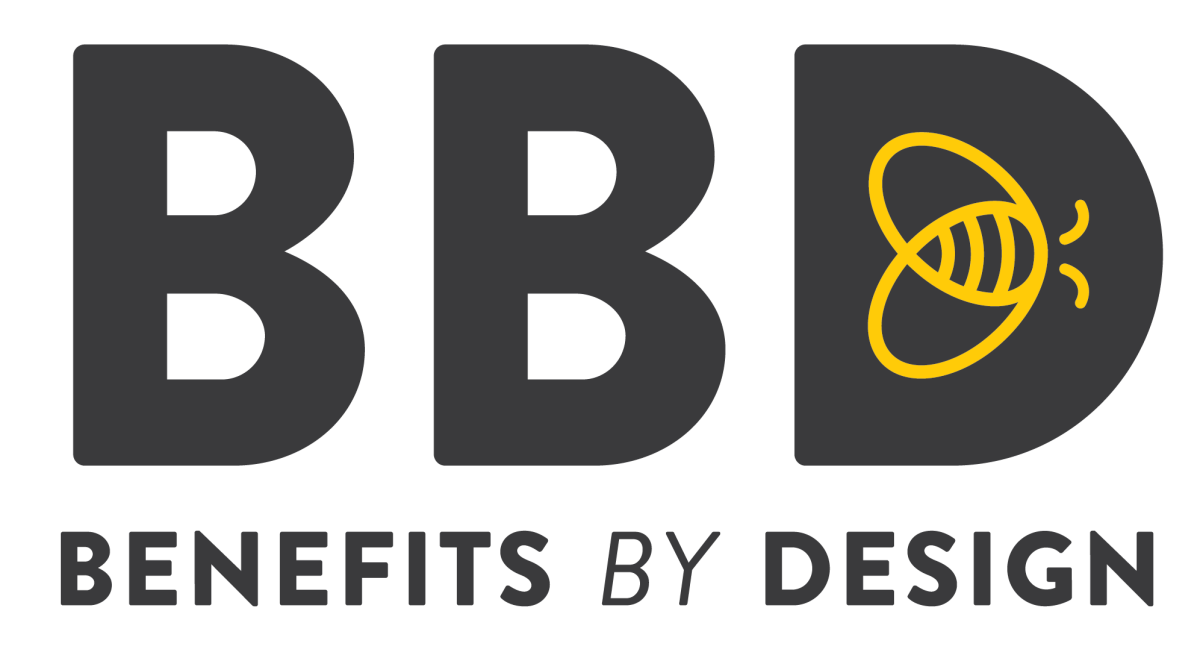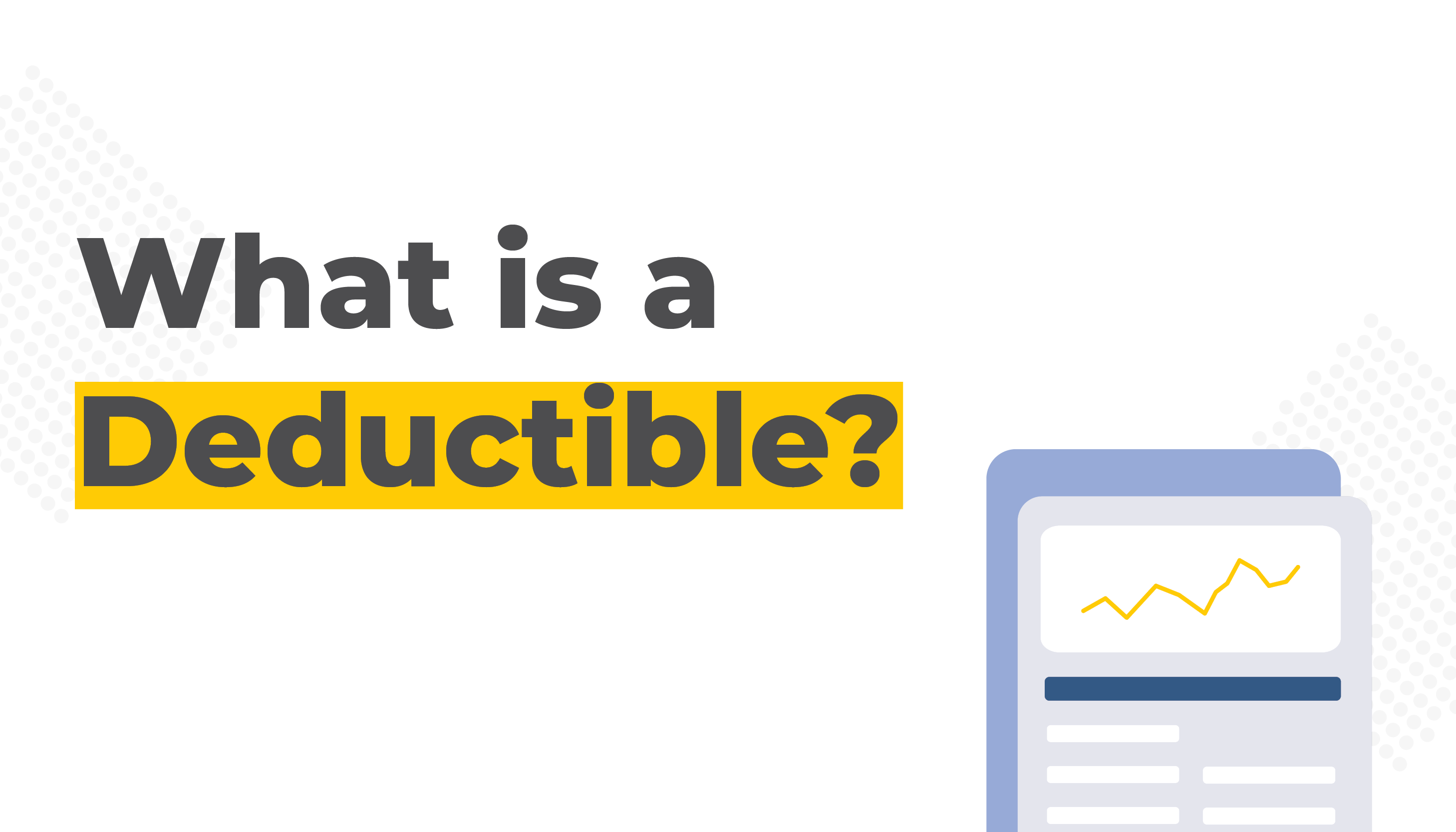At Benefits by Design (BBD) Inc., we’re no strangers to insurance terms and processes — it’s what we do! But for the average Canadian, understanding group insurance (even the coverage offered by their plan) can be complicated.
Let’s take a closer look at an aspect of some (not all) group insurance plans: a deductible.
What is a deductible?
Simply put, a deductible is an amount of money that a covered individual is responsible for paying out-of-pocket before an Insurer covers an eligible claim. There are two types of deductibles common in group insurance: an annual and a per prescription deductible.
Annual deductible
You’re probably familiar with an annual deductible, as it’s very similar to those common in auto or home insurance policies. With a group insurance annual deductible, you must pay the amount out-of-pocket before the Insurer pays the remainder of the claim. You do not need to pay this amount all at once. Instead, each claim you make over the year will work towards satisfying your deductible.
For example, if your health insurance plan has a $500.00 annual deductible, you’ll need to pay that out-of-pocket before your plan will begin to cover eligible expenses. You’ll do so over a year through regular claims activity.
Annual deductibles will reset at the start of a new benefit year. Depending on your plan design, you may have more than one annual deductible to satisfy.
Per prescription deductible
The other type of deductible is a per prescription deductible. With this one, you’ll pay each time you make a claim for an eligible prescription.
For example, if you have a per prescription deductible of $5.00 and pick up two prescriptions monthly, you’ll pay a total of $10.00 in deductibles.
Let’s see one in action!
Let’s take a look at an example. Here’s the situation:
Let’s assume that you have an annual deductible of $500.00 for your health insurance. You have three monthly prescriptions which total $125.00.
In this case, you’ll pay for your first four months out-of-pocket ($125.00 x 4 = $500.00), with your health plan activating once your deductible is paid. It’s worth noting that other eligible claims made on your health insurance plan, such as medical items or paramedical claims, may also work towards satisfying this deductible.
Alternatively, if you have a $5.00 per prescription deductible in the same scenario, you’ll pay a total of $15.00 each month for your three monthly prescriptions ($5.00 for each prescription).
Why is there still a cost to me after my deductible is satisfied?
Many group benefits plans are set up with a co-insurance (co-pay). With a co-pay, the Insurer covers a portion of the total cost, and the employee pays the remainder. The split between the Insurer and the employee varies from plan to plan, however, an 80/20 split is common. With an 80/20 split, the Insurer covers 80% of the cost, with the employee picking up the other 20%.
In cases where you have both a deductible and a co-insurance, you will first need to satisfy your deductible in full (either annual or per prescription), before the Insurer will begin covering the 80% of the cost. The employee would then pay the remaining 20%.
Is a deductible the same as the amount that comes off my paycheck?
No. Payroll deductions on your paycheck are your share of the total premium cost for each benefit, known as cost-sharing. The cost-sharing arrangement is determined by the employer when the benefits plan is first set up.
For example, if your Life Insurance coverage costs $20.00 a month, and your cost-sharing arrangement with the employer is a 50/50 split (which is common), your monthly payroll deduction would be $10.00. If you’re paid bi-weekly, then the amount deducted from each paycheck would be $5.00.
Each benefit on your plan will have its own premium cost and may not have the same split. Depending on the plan design, you may pay more or less for some benefits than others.


